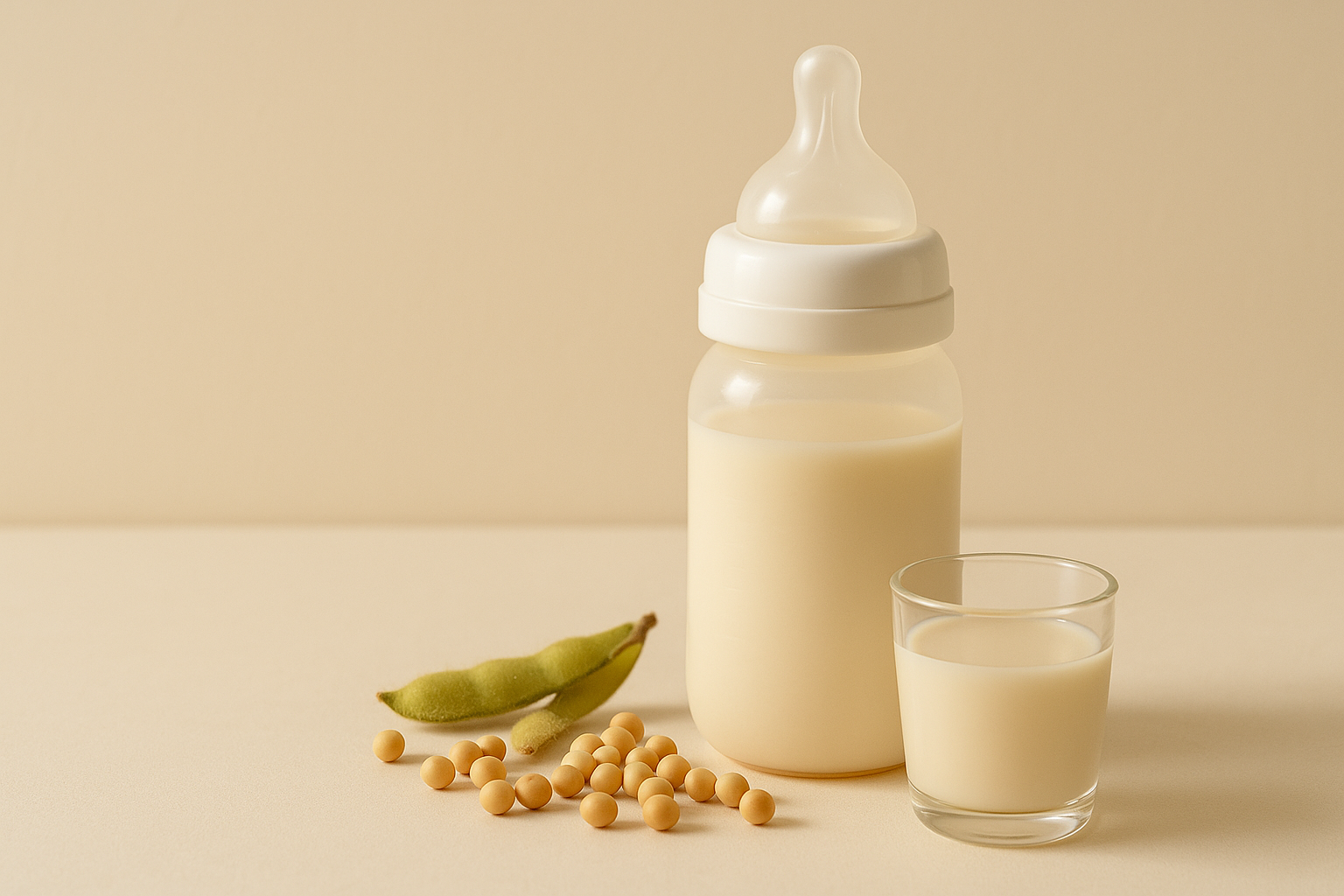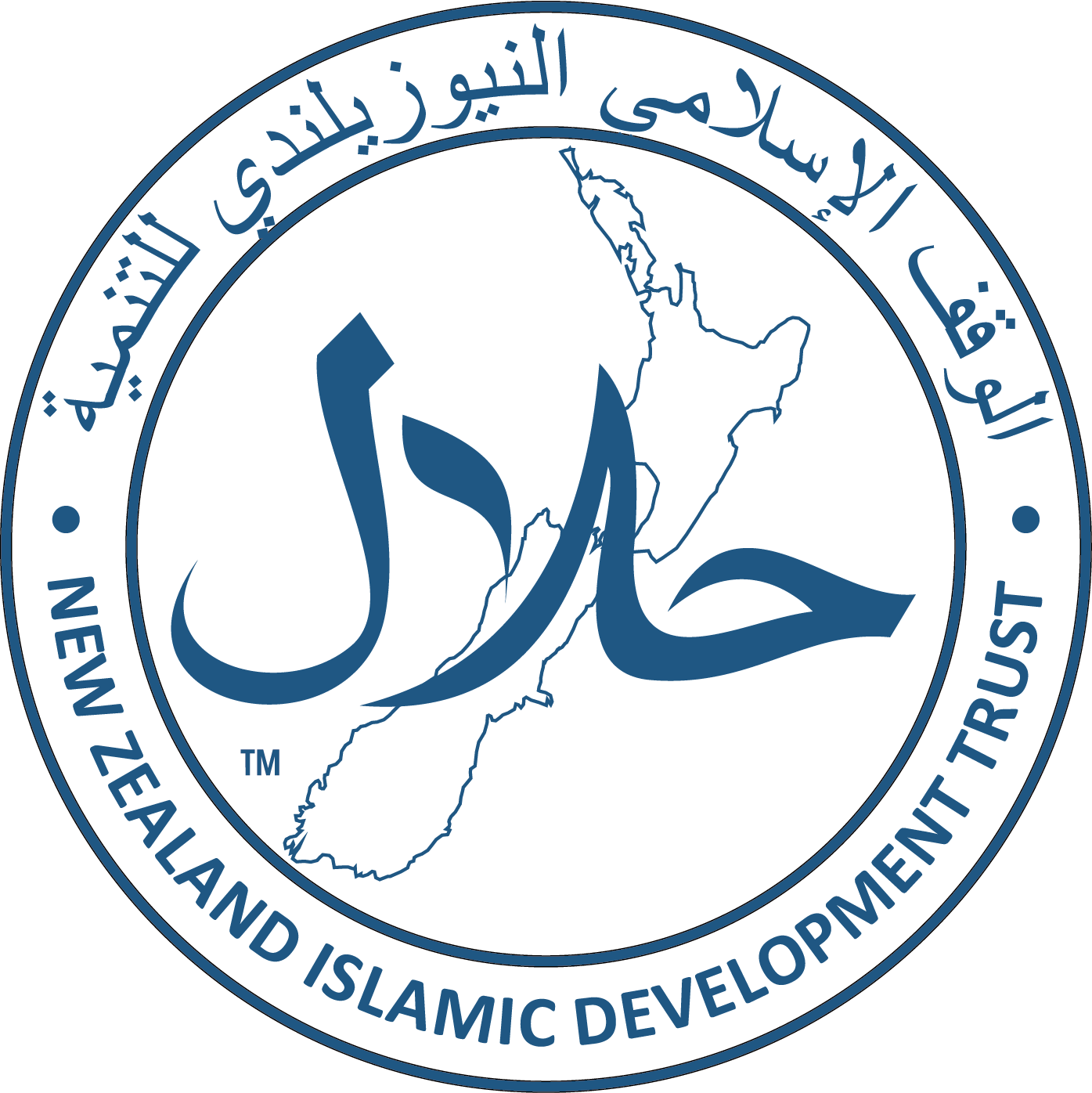As more parents explore plant-based milk and dairy alternatives, the question arises: Is soy milk safe for infants? Unlike traditional dairy products and meats, which are derived from animal sources, plant-based milks like soy milk offer an option for families seeking to avoid animal-derived foods. While breast milk remains the gold standard for newborns and infants, soy milk for infants—particularly in the form of soy-based formulas—can be an acceptable alternative for babies with specific dietary needs or medical conditions.
What Is Soy Milk?
Soy milk is a plant-based milk made from soybeans or soy protein isolate, often fortified with vitamin D, calcium, and other nutrients to match the nutritional profile of cow’s milk. As a beverage derived from plant food sources, soy milk belongs to the broader category of plant based milks, which are commonly used as alternatives to cow's milk. Cow's milk is the traditional standard for infant nutrition, and when breastfeeding is not possible, cow's milk formula is typically recommended to meet infants' dietary needs.
However, plain soy milk is not suitable for infants under 1 year old unless it’s specifically formulated as soy infant formula. While some parents wonder if babies drink soy milk or if they should drink soy milk, only specially formulated soy-based infant formulas are appropriate for this age group, as standard soy milk lacks the nutrients found in breast milk or regulated infant formulas.
Is Soy Milk Safe for Infants?
For infants who cannot tolerate cow’s milk formulas due to cow’s milk allergy or lactose intolerance, soy-based formulas may be a safe and effective option. Soy based formulas may also be suitable for lactose intolerant infants. According to scientific evidence, modern soy formulas are enriched with:
- Soy protein or soy protein isolate
- Vitamin D and calcium for strong bones
- Essential nutrients for brain development
- Vegetable oils as a fat source
It’s important to note that babies should not be fed regular plant-based milk like oat milk, almond milk, or non-formulated soy milk or soy milks, as these lack sufficient protein, vitamins, and calories for proper development.
Always consult a healthcare professional before introducing soy milk for infants, especially if your baby is under 12 months old. Due to health and nutritional considerations, consult your doctor before drinking soy milk or giving it to your baby.
Cow’s Milk Allergy and Milk Intolerance in Infants
Cow’s milk allergy and milk intolerance are among the most common food-related issues in infancy, often leading parents to seek alternatives to traditional dairy products. A cow’s milk allergy occurs when a baby’s immune system reacts to milk proteins like casein or whey, which can trigger symptoms such as skin rashes, vomiting, diarrhea, or even more severe allergic reactions. In contrast, milk intolerance—most often due to lactose intolerance—happens when a baby’s digestive system cannot properly break down lactose, the natural sugar found in milk, leading to digestive discomfort.
For families facing these challenges, soy milk can be a valuable alternative. Fortified soy milk provides important nutrients such as calcium, vitamin D, and high-quality soy protein, helping to support healthy growth and development in babies who cannot tolerate cow’s milk. Choosing a fortified soy milk ensures your baby receives the same amount of key nutrients found in milk and dairy products, making it a reliable option for those with a milk allergy or lactose intolerance.
However, it’s essential to remember that not all babies with a cow’s milk allergy will tolerate soy, as some may also react to soy proteins. Always consult a healthcare professional before making changes to your baby’s diet, and monitor for any signs of an allergic reaction when introducing new foods or drinks. With the right guidance, soy milk can be a safe and nutritious part of your baby’s diet when cow’s milk is not an option.
When Is Soy Formula Recommended?
Soy formula may be used for certain babies who have:
- Cow’s milk allergy
- Lactose intolerance
- Hereditary lactase deficiency
- A need for a vegan diet due to vegan families
Cow's milk formula and goat's milk formulas are the common choices for infants who cannot be breastfed, as they would be the primary source of nutrition for most babies up to the age of 6 months old. However, soy based formula is an alternative for those with specific needs, such as allergies or dietary restrictions.
While cow’s milk based formulas are more common, soy based formulas provide a safe alternative to cow’s milk when medically appropriate. For infants transitioning from initial infant formulas, follow on formula is available and offers nutritional support beyond the first year, with options that can be compared to both cow's milk and soy-based formulas.
However, it’s not recommended for low birth weight or preterm infants, and it should not be the first line of treatment without medical advice.
When to Introduce Soy Milk to Your Baby
Introducing soy milk to your baby’s diet is a decision that should be made with care and professional guidance. For infants under 12 months,breast milk is best, but for those that are unable to breastfeed or wish to supplement feed, formula remains the recommended source of nutrition, as these provide the complete range of nutrients essential for early growth and development.After your baby’s first birthday, if they are unable to drink cow’s milk due to a milk allergy or intolerance, fortified soy milk can be considered as an alternative.
When choosing soy milk for your baby, opt for a fortified soy milk that contains added calcium, vitamin D, and protein to ensure your child receives the important nutrients found in milk and dairy products. It’s also important to be aware of the possibility of a soy allergy, especially if your baby has a history of food allergies or sensitivities. Start by offering small amounts of soy milk and watch for any signs of an allergic reaction, such as a rash, swelling, or digestive issues.
Before making the switch, always consult your healthcare professional to discuss your baby’s individual nutrition needs and to ensure that soy milk is the right choice. With careful planning and the right fortified soy milk, you can help your baby transition smoothly to a healthy, balanced diet beyond breast milk or formula.
Nutrient Content of Soybean and Fortified Soy Milk
Soy products are naturally rich in:
- Protein (comparable to milk proteins)
- Calcium (especially in fortified soy milk). To ensure adequate calcium intake, include calcium rich foods such as spinach, fortified cereals, broccoli, kale, and dairy products in your child's diet.
- Iron, zinc, and vitamin B12 (when fortified)
- Isoflavones – plant compounds that have been studied for their effects on thyroid function and sexual development in early childhood
The nutrient content of soy milk for infants is closely monitored and regulated in soy based infant formulas, making them safe and balanced for infant consumption. In addition to soy milk, it is important to include other food sources of protein and nutrients, such as legumes, nuts, seeds, and animal products, as part of a balanced diet. Whole grains are also an important component of a plant-based diet for children, providing fiber and additional nutrients.
Are There Any Adverse Effects of Soy Milk for Infants?
Some parents may worry about the soy isoflavones present in soy. While studies suggest these are safe in moderate quantities, more research is needed for long-term effects. Research on soy milk consumption and its potential link to breast health has shown that some studies suggest a protective effect, while others indicate that more research is needed to fully understand the hormonal impacts. There is currently no strong evidence that soy affects sexual development or causes thyroid issues when consumed in regulated formulas.
However, a soy allergy is a possible concern, especially for babies who are also allergic to cow’s milk. Parents should monitor for any allergic reaction such as a rash, vomiting, or diarrhea and consult a doctor if symptoms occur.
Breast Milk vs. Soy Formula
While breast milk remains the best source of nutrition for infants, soy formula can serve as a nutritious choice when breastfeeding isn’t possible or suitable due to medical conditions. Unlike plain soy milk, soy formula is:
- Designed to meet the nutritional needs of infants
- Safe for daily consumption under pediatric guidance
Is Soy Milk a Good Option for Babies?
Soy milk for infants, in the form of soy based formulas, is a scientifically backed, nutrient-rich alternative for babies who cannot tolerate cow’s milk or whose families prefer a plant based or vegan lifestyle.
For best results:
- Use only formulated soy infant formula, not regular soy milk
- Watch for any digestive issues or allergic reactions
- Speak with a healthcare professional to ensure suitability for your baby
With proper guidance, Soy-based infant formulas, which are specifically developed and regulated for infants, may be used as an alternative under medical guidance for many infants, supporting their growth, development, and overall health.
(Disclaimer: This article is for informational purposes only. Always consult a pediatrician or healthcare provider before introducing new foods or formulas to your baby’s diet.)
%201.svg)
















